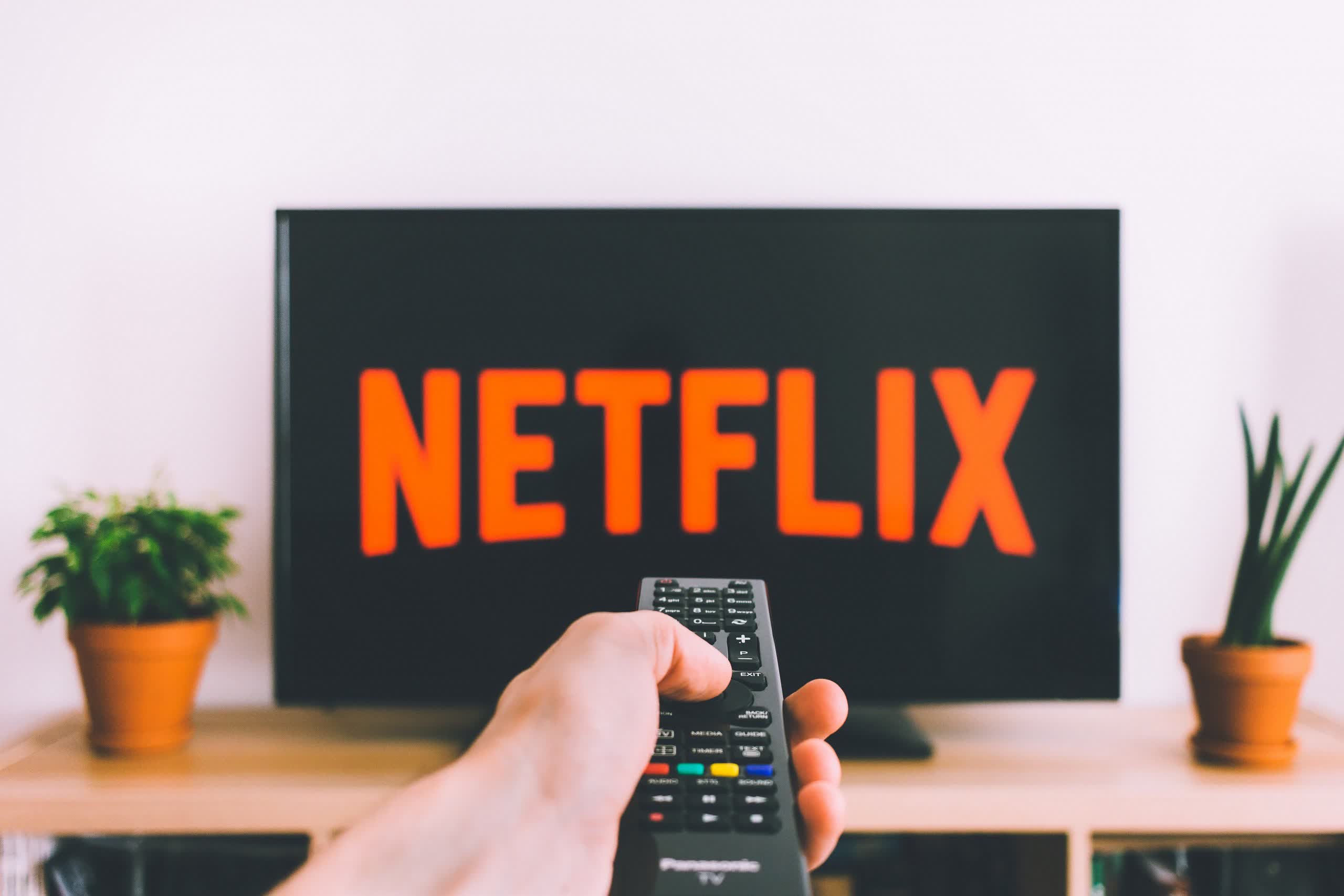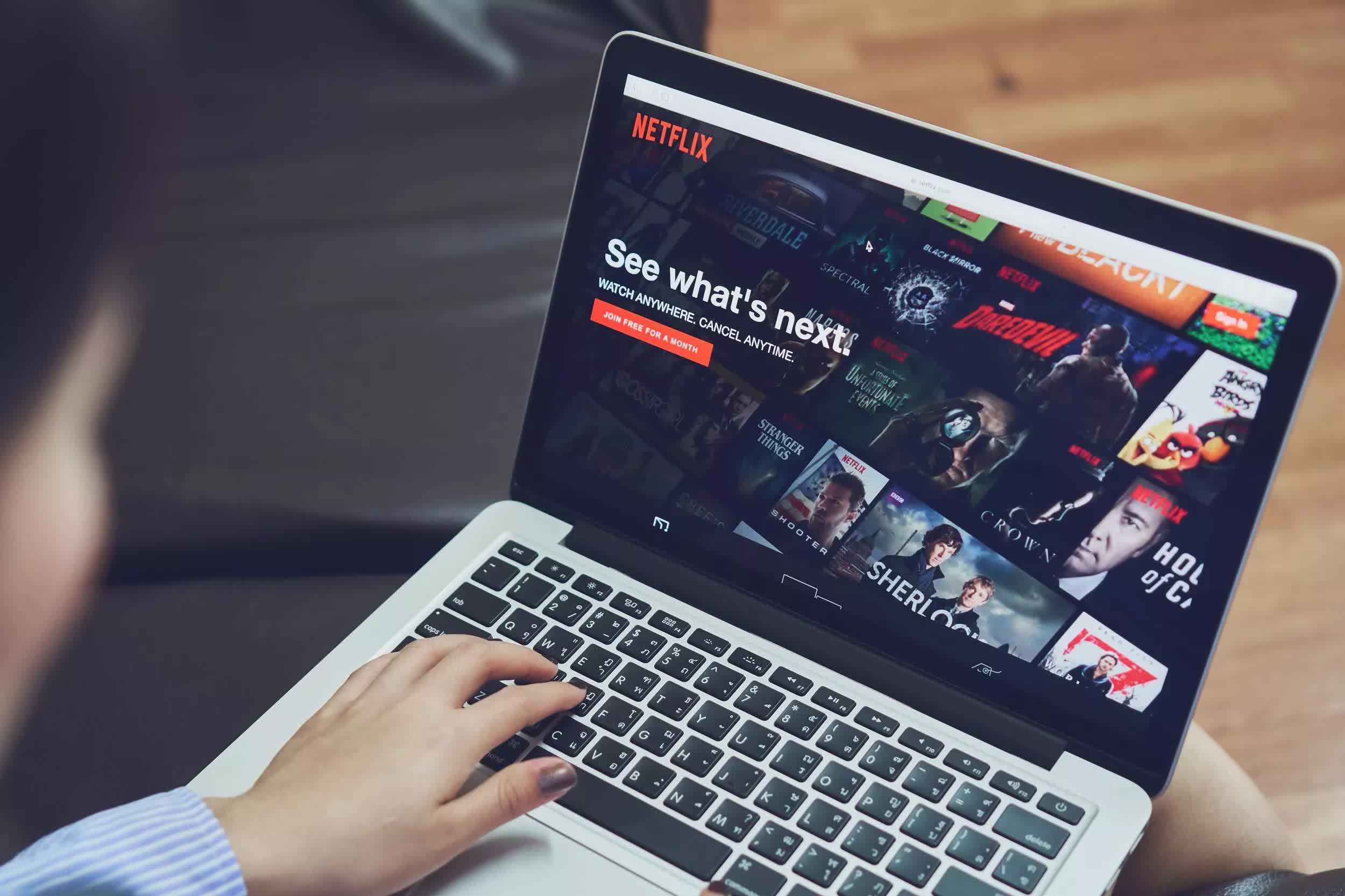In brief: Netflix finished the second quarter of 2021 with more than 209 million subscribers but missed the mark slightly in terms of earnings, generating $7.34 billion in revenue. A Refinitiv survey revealed that analysts were collectively expecting $7.32 billion, so not too far off. Earnings per share checked in at $2.97 versus the $3.16 that analysts were anticipating.

In its letter to shareholders, Netflix said it had 209.18 million subscribers at the end of the second quarter, an increase of 1.54 million over the 207.64 million it reported for the first quarter. According to Street Account, analysts were expecting just 1.19 million net subscriber additions.
Netflix said the pandemic has created some “lumpiness” in their membership growth, resulting in higher growth in 2020 and slower growth so far this year. Nevertheless, the company said it will continue to focus on improving its service for members and bringing them the best stories from around the world.

Looking ahead, Netflix said it is expecting to finish the third quarter with 212.68 million subscribers and bring in around $7.47 billion in revenue. According to Street Account data, analysts were anticipating closer to 5.46 million net subscriber additions for the three-month period, largely due to Netflix’s upcoming content slate.
Netflix’s stock is down 3.78% on the news as of writing.
https://www.techspot.com/news/90512-netflix-finished-second-quarter-more-than-209-million.html